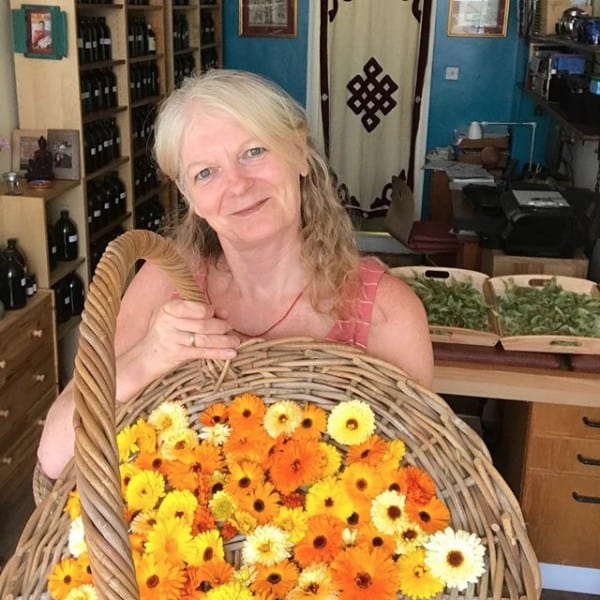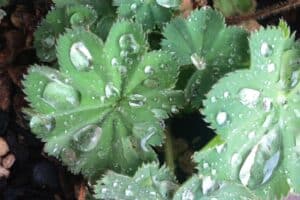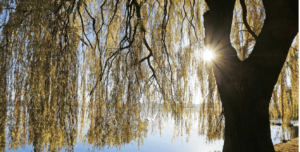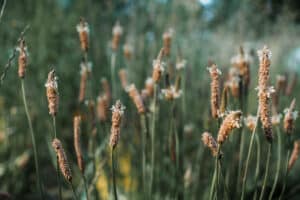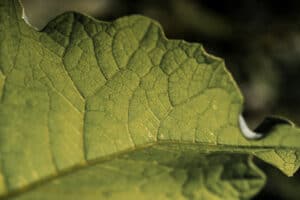A few months ago it really hit me that as herbalists we need to really start thinking about our level of self-sufficiency. Why? Well when Coronavirus really hit hard and everyone was on lock down, we started to notice something very alarming…
You couldn’t really buy herbs anywhere!!
Some of the larger herb companies in the US were either shut down and not shipping orders, or their stock was so depleted they were simply out of a lot of remedies. Luckily our small spagyric company, Organic Unity, is so small we were able to keep sending herbs out during this time, which many people were highly grateful for.
But it really got me thinking…
As herbalists, it seems like we’ve become highly reliant on supplement companies, farmers, wildcrafters, and big herb suppliers to acquire the medicines we use to help people.
But it didn’t use to be this way.
In the old days the herbalist used what they had available to them, whether that’s what grew in the wild in their local ecosystem or grown in their own garden. Either way, they were highly self-sufficient. And I believe that’s the direction we need to start moving into as an herbal community to build our connection to our ecosystem, develop a degree of responsibility and stewardship with the plants we use as medicines, reduce our reliance on external sources and thus make our practice more sustainable in the long run.
I mean, imagine it… what if you couldn’t buy a tincture from the store? Order bulk herbs from Mountain Rose Herbs or some other major supplier? What would you do? Where would you find your herbs? How would you stock your dispensary?
I think there’s a few things this could force us to do:
- Learn to identify and wildcraft your local wild medicines
- Start growing other medicinal plants that don’t natively grow in your area
- Prepare your own tinctures, dried herbs for teas, and other medicinal preparations
- Learn each individual herb on a deeper level and know how to use them with a great degree of versatility
And that’s what Lucy Jones and Whitney talk a lot about in this interview they did on The Plant Path, and what Lucy’s new book, Self-Sufficient Herbalism, is all about.
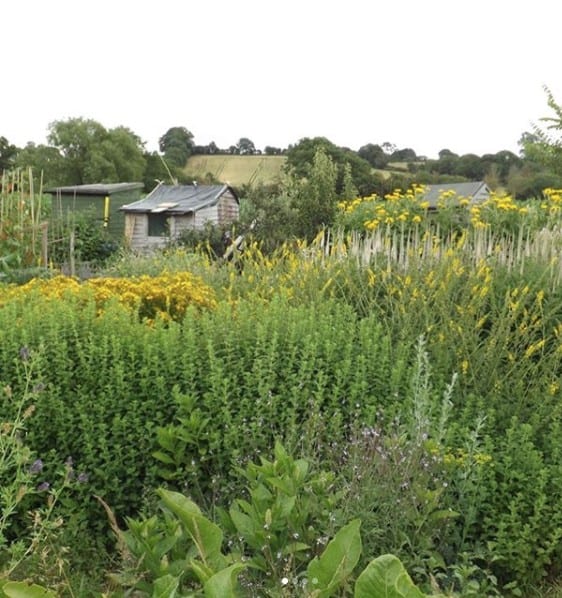
“{Growing and gathering our own herbs} not only allows us to create high quality and vibrant herbal medicines, it helps us to play our part in reducing harmful impacts on this precious planet. Working more closely with the herbs that we use for medicine benefits our patients, the herbs, and our relationship with them. It nourishes and grounds us, helping us to feel more connected to the land where we live and it allows us a greater capacity to help others without depleting ourselves.
I believe that an understanding of how to grow, gather, and process our own herbal medicines is vital if herbal medicine itself is to survive and thrive. Those of us who love herbs and respect their medicinal properties are custodians of an ancient and precious tradition. We are links in a chain of teaching and knowledge that stretches back through countless generations. Our lineage represents far more than just an understanding of how herbs work and how they should be prescribed.
To be complete and resilient, it must include practical knowledge of herbal sourcing and of the preparation of safe, effective natural medicines. If we are unable to source particular herbs, or if obtaining them literally costs us the earth, then we will be unable to continue using them. Equally, if the quality of herbs available to us becomes significantly diminished we will not feel comfortable using them. The more that we rely on the vagaries of the market economy to source our herbs and herbal medicines, the more vulnerable we will be to a potential erosion of our beautiful and sophisticated tradition.
As the number of people who are comfortable with, and understand, the process from seed to medicine dwindles, so does the resilience of our herbal lineage. I accept that not every one of us will feel able to grow and gather their own herbal medicines, but I strongly believe that if we are treading this herbal path, it is important to at least learn and understand all of the processes involved and to hold that knowledge for future generations.
Self-sufficient herbalism is far more than simply a quaint idea: it could actually be the means by which our herbal tradition is able to thrive and continue to play a valuable role in modern sustainable health care.”
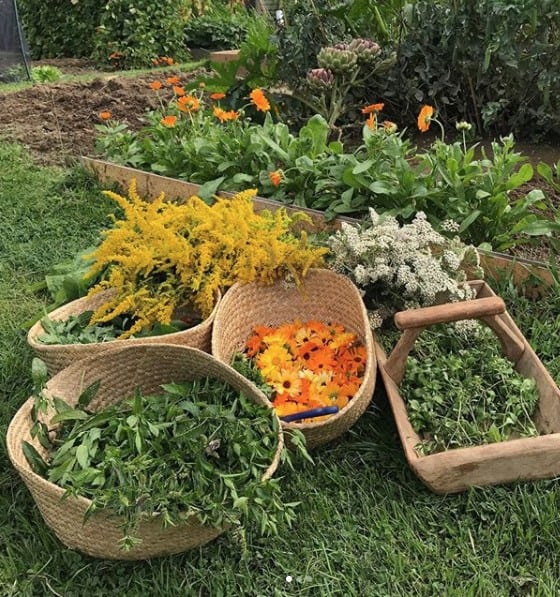
About the book, Self Sufficient Herbalism by Lucy Jones
Self Sufficient Herbalism is the first ever practical guide to the growing, gathering, and preserving of medicinal herbs for a working dispensary. Written by a practising herbalist with a high street clinic, it covers everything you need to know to become truly self-sufficient in creating and dispensing your own herbal medicine.
Relying on only a small allotment and access to the fields and woodlands of rural England, Lucy Jones provides a masterclass in the wild crafting, growing, harvesting, drying, storage, and processing of medicinal herbs. Her passion for the plants and traditional ways of preserving them for medicine shines through as she explores the deeper implications of self-sufficiency and the transformative impact it has had on her practice.
The guide includes a glossary of detailed notes on the cultivation, harvesting, and processing of 108 individual herbs arranged by the seasons. It is a must read for practising herbalists, herbal students, herb gardeners, and all those who love herbs.
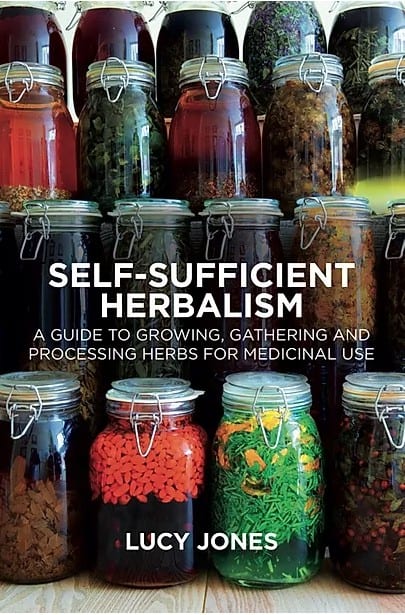
About the author
Lucy Jones is a medical herbalist with a busy high street practice in Somerset, UK. She grows or gathers the majority of the herbs that she works with and is a passionate proponent of self-sufficient herbalism. Prior to qualifying in western herbalism, she studied Tibetan Medicine with the great master Khenpo Troru Tsenam. This experience deeply influences her approach to therapeutic practice as well as the way that she grows and processes her herbs. She originally trained in Agriculture and Forestry and has two degrees from the University of Oxford.
